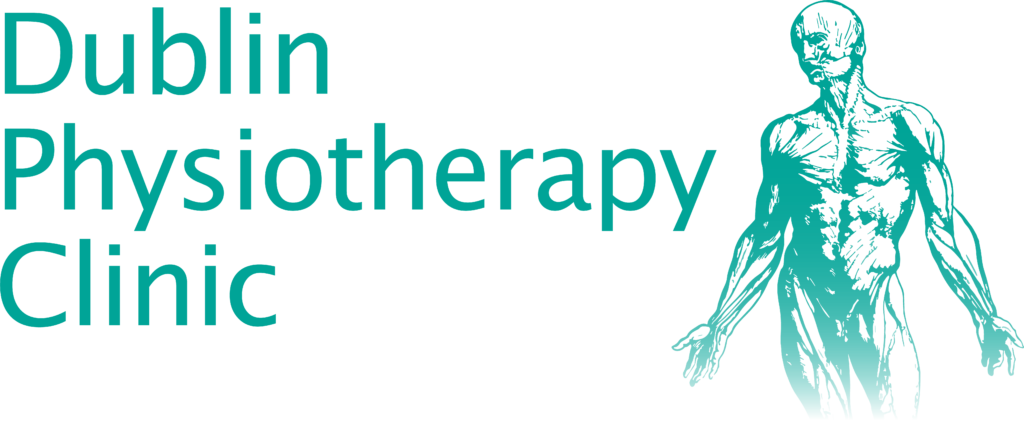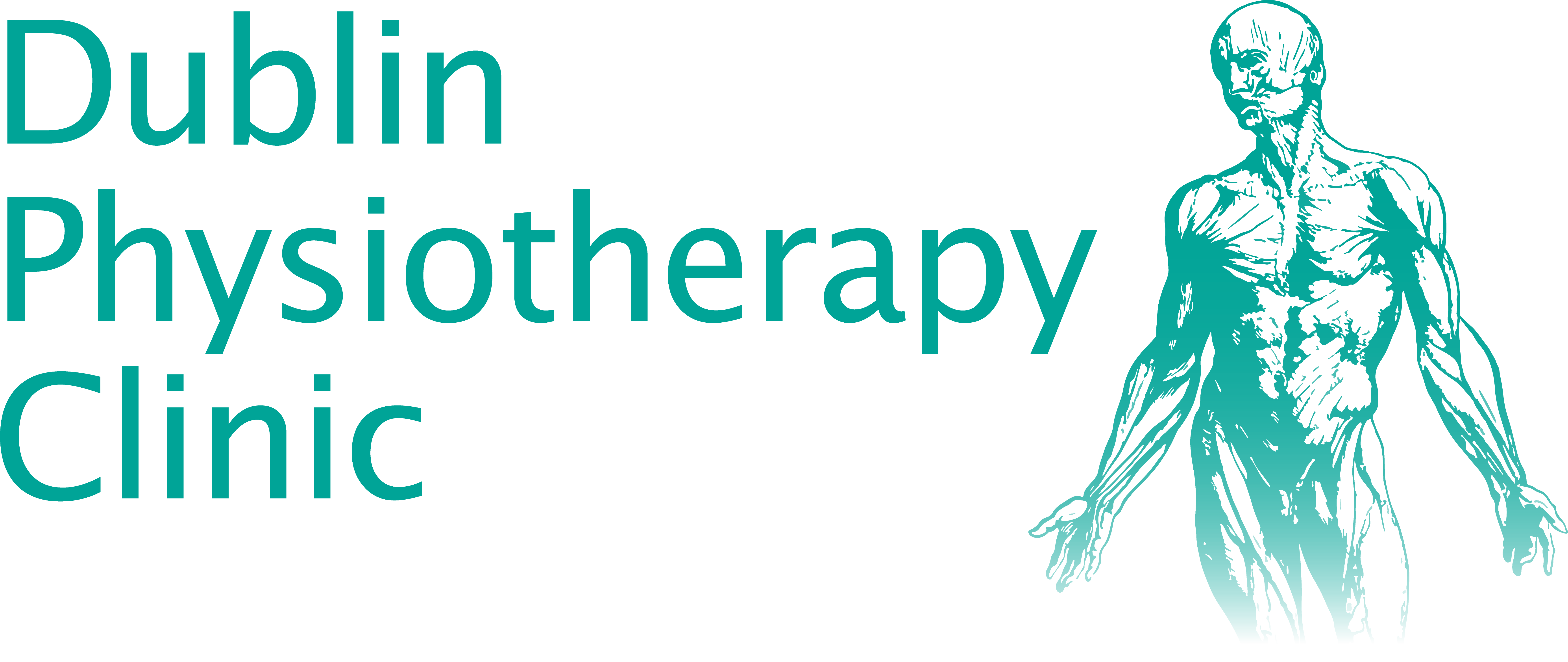Multiple sclerosis
Multiple sclerosis (MS) is an inflammatory neurological disease that affects the brain and spinal cord resulting in impairments of movement, balance and walking.
Symptoms of MS are diverse and vary significantly from one person to another. They are often unpredictable and disruptive to daily living and for this reason it is a challenging condition that requires input from all team member with neurophysiotherapy specialising in the treatment of movement difficulties and mobility.
Symptoms
Typically a person with MS will experience some of the following movement issues:
- muscle weakness
- spasticity (stiffness) or muscle spasms
- fatigue
- sensory disturbances
- balance impairment
- pain
- difficulty moving and walking
- impaired hand function
How can Physiotherapy help?
Many of these symptoms can respond to Physiotherapy input.
Ideally seeing a neurophysiotherapist early on diagnosis gives you the opportunity to discuss your care and plan a program to address your needs.
Expect a detailed assessment to be carried out as this is essential to understand how MS affects you.


Given the progressive nature of the condition it is common practice that we would see an individual for many years but often on an intermittent basis when issues arise. The frequency of visits will really depend on the extent and pattern of symptoms, your goals and what we as clinicians can achieve through active intervention.
Neurophysiotherapy management will vary for each person and may include any or some of the following:
- Treatment: Providing active intervention on a regular basis as required. Treatment combines hands on work with movement re-education and exercise prescription.
- Structured exercise program is an important component of the rehabilitation process. This maybe provision of exercise specific to your symptoms eg spasticity or muscle weakness. Often this is in addition to an exercise program to improve your fitness, endurance and wellbeing. Exercise can also help with symptoms of fatigue. It is crucial that the program is structured and varied with regular re-evaluation to ensure you get maximum benefit.
- Monitoring your condition. Monitoring is essential if changes to management and treatment planning is required. Any changes are identified through a detailed history and re-evaluation of assessment markers.
- Support: We provide guidance on management of different aspects of your condition such as spasms, fatigue, muscle stiffness.
- A short burst of treatment. This could take the form of 4 – 8 sessions and can be very valuable when specific problems need addressing (eg muscle weakness, joint pain) or if there been a deterioration in symptoms.
- Communication: Regular communication with other professionals eg consultants, MS nurse specialists, occupational therapists, speech therapists, orthotists, family and carers is essential for continuity of care and for optimal management of your symptoms.
- Equipment: provision of equipment or referral to the appropriate professional where specific appliances are made for individual requirements eg splinting.

A recent profiling study of people with M.S. in Ireland was undertaken at the request of M.S. Ireland, whose members valued Physiotherapy as an integral part of their management but complained of the lack of input. The findings were surprising and supported their complaint that the amount of Physiotherapy they received was low.
A larger study is currently underway in Ireland looking at the importance and value of exercise with Multiple sclerosis. “Getting the Balance Right” programme which you may have heard of or taken part in. The results are extremely positive and support evidence that structured exercise programs can improve many of the physical impairments that we as physiotherapists treat – weakness, balance, functional limitations.
At Dublin physiotherapy Clinic exercise programs can be specifically devised, monitored and re-evaluated as needed. They are varied and structured to address core elements of conditioning and fitness:
- strength
- flexibility
- coordination
- balance
- core (abdominal) stability
- Dry needling
- postural alignment
- cardiovascular fitness
JOIN OUR MAILING LIST
EMAIL:


